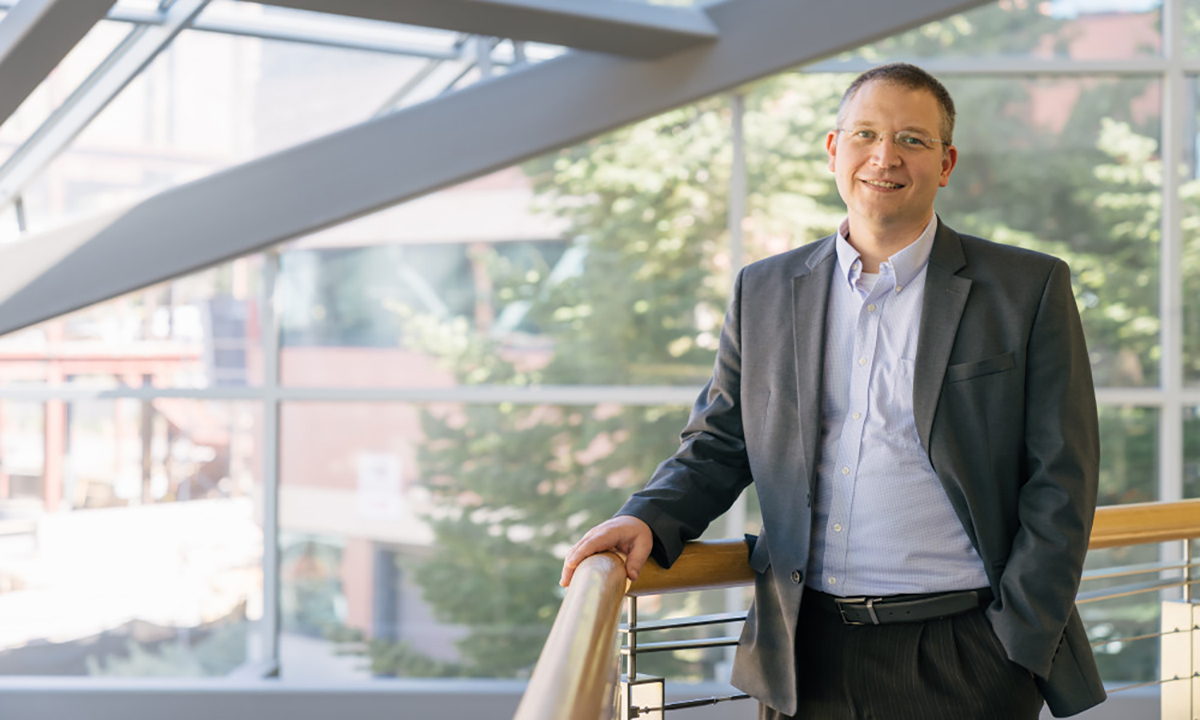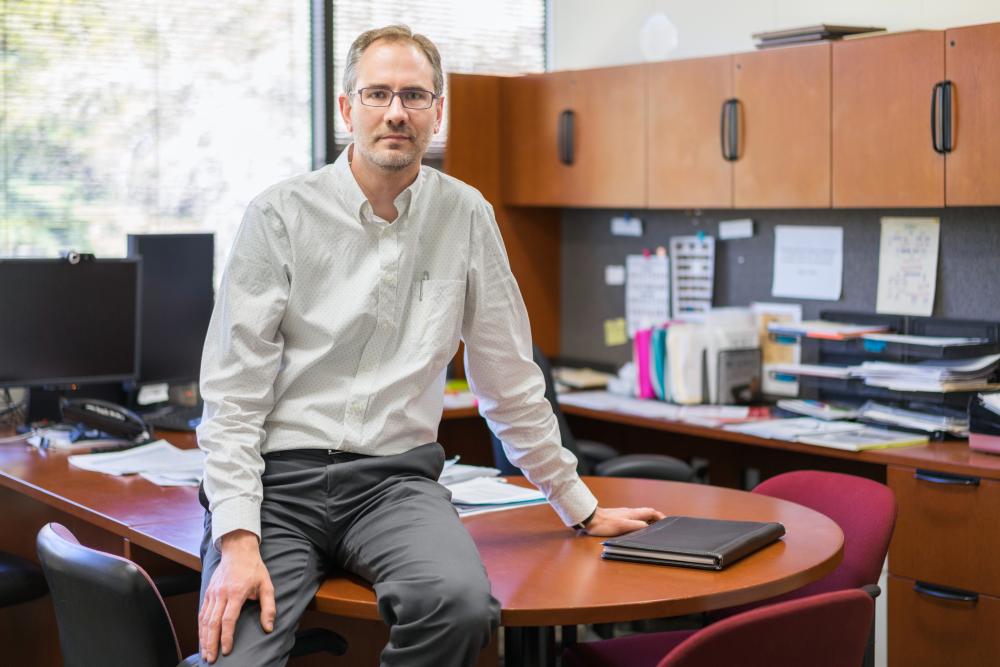
ARUP Chief Operating Officer Jonathan Genzen, MD, PhD, coauthored a new American Journal of Clinical Pathology publication that details successful strategies for managing a laboratory in a period of crisis.
The COVID-19 pandemic has forced laboratories to adapt to an ever-shifting landscape that has challenged many foundational practices for laboratory management, according to a new article coauthored by experts at ARUP Laboratories. The past six months have required a more fluid and often accelerated approach as laboratory staff have worked to validate and scale up capacity for COVID-19 diagnostic testing amid unprecedented demand, global supply shortages, and steeply declining non-COVID testing volumes that hindered cash flow.
In their article, published by the American Journal of Clinical Pathology, Brian Jackson, MD, ARUP medical director of Support Services, IT, and Business Development, and Jonathan Genzen, MD, PhD, ARUP chief operating officer, share what ARUP has learned from managing a laboratory during a crisis.
“ARUP has demonstrated that it is possible to run a clinical laboratory 24/7 during the pandemic in a way that is responsible and safe for employees and patients,” Genzen said. “I hope sharing our experience will promote further conversation about strategies that other laboratories have also employed to navigate this crisis.”

Genzen and Jackson identify ARUP’s people-first attitude as a key to ARUP’s success during this period, as well as the dedication of an outstanding workforce, whose innovative solutions have enabled ARUP to continue to meet critical testing needs.
“I’m honored to be part of a team that has promoted an employee-centric focus and that has really strived to keep our employee base intact and safe by offering flexible options that prioritize the well-being of the employees and their families,” Genzen said.
Although the article specifically highlights strategies for crisis management, Genzen believes these same strategies will continue to shape how laboratories operate beyond COVID-19. In particular, the pandemic forced laboratories to accelerate their processes to provide COVID-19 diagnostic testing. Laboratories had only days or weeks to accomplish what normally takes months.
“The clinical laboratory environment is very regulated and therefore averse to quick change, but the crisis has required big decisions to happen fast,” Genzen said. “We’ve learned to be nimbler and more efficient, but cautiously, so as not to compromise quality.”
Accelerated processes have been possible thanks to the efforts of capable, skilled employees who have worked tirelessly to find solutions to unique challenges. ARUP has scaled and shifted staff to accommodate fluctuating testing volumes, transitioned nonlaboratory workers to remote settings, and operated on limited budgets.
“I have gained a deeper appreciation for the fantastic culture at ARUP and for those who stepped up and performed admirably to keep things running in the interest of patient care, despite the challenge of a rapidly evolving and stressful situation,” Jackson said.
Listen to a new episode of the LabMind podcast to hear Brian Jackson, MD, interview Jonathan Genzen, MD, PhD, about some of the many ways ARUP quickly and successfully adapted when the COVID-19 pandemic hit.
















